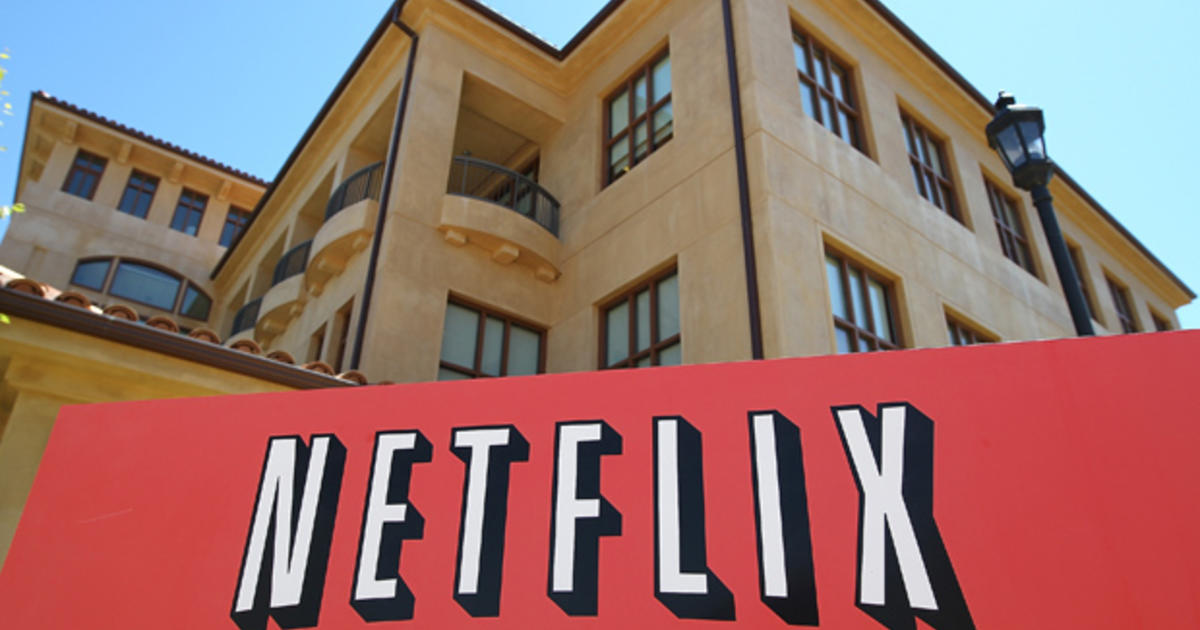Doctor's Son Who Made Prince 911 Call Fascinated With LSD
MILL VALLEY (CBS SF/AP) -- Andrew Kornfeld's red-eye flight to bring a prescription drug to Prince has been described by his attorney as a "lifesaving mission" to persuade the superstar to start treatment for addiction.
Instead, the 26-year-old Californian found Prince collapsed in an elevator, perhaps already dead.
The son of an addiction and pain doctor helped in his father's medical practice by teaching surfing to young drug users in recovery. In college, his studies in neuroscience sparked a fascination with consciousness and psychedelic drugs such as LSD.
Jim Fadiman, a psychologist who popularized the notion of using micro-doses of LSD to enhance workplace productivity, considers the younger Kornfeld "a brilliant man."
Kornfeld's father sent his son to Prince's Minneapolis-area home, a decision that has raised questions about whether the doctor was acting legally at the time. The elder Kornfeld was not licensed to practice medicine in Minnesota and was not registered to care for patients there via telemedicine, as the state requires. His son was not a licensed prescriber.
No one has suggested that Prince took the drug provided by them.
Since his connection with Prince became known, the younger Kornfeld has been stalked by celebrity photographers and has avoided talking publicly about the musician's death. Reached by phone Friday, he said simply, "Sorry. I'm not making a comment at this time."
Andrew Kornfeld's social media accounts show him smiling with a surfboard and list him as CEO of a Bay Area marketing company for health professionals. A University of California Santa Cruz spokesman confirmed that he graduated in 2013 with bachelor's degrees in psychology and neuroscience.
Related Stories
- Some Argue Synthetic Opiate Treatment For Painkiller Addiction Simply Replaces One Drug For Another
- Authorities Release Details About 911 Calls Involving Prince's Paisley Park Estate
- DEA Called For Assistance In The Investigation Of Prince's Death
- Prince's 'Most Beloved' Family And Friends Bid Farewell
- Music Icon Prince Found Dead At Minnesota Home
But perhaps the most intriguing detail about Kornfeld is his connection with Fadiman, author of "The Psychedelic Explorer's Guide," which collects stories of people experimenting with LSD, including professionals who took a fraction of a normal dose and reported boosts in their creativity at work.
Fadiman and Kornfeld co-authored a chapter titled "Psychedelic-Induced Experiences" for "The Wiley-Blackwell Handbook of Transpersonal Psychology," a textbook dealing with spirituality and transcendent human experience.
Their chapter lauds LSD's potential for out-of-body experiences and "seemingly spontaneous healing" from allergies, cluster headaches and even alcoholism.
"Andrew and I are friends and colleagues," Fadiman said in an email to The Associated Press. A portion of the chapter they wrote together proposes that LSD may activate adaptive processes that form new, lasting connections in the brain.
"That section was entirely Andrew's," Fadiman said.
The book's editor, Glenn Hartelius, an associate professor at California Institute of Integral Studies in San Francisco, praised Kornfeld's contribution.
"I have not met Andrew, but I found his thesis on how psychedelics create personal transformation to be original, elegant and potentially researchable — perhaps offering a step forward in understanding the impact of these substances," Hartelius said in an email.
The passage attributed to Kornfeld suggests psychedelic drugs could be "neuroplasticity activators." It states: "If a single psychedelic experience is able to create durable changes in personality and mental and emotional health, as has been reported, then it seems that these substances may be able to uniquely catalyze the formation of new brain maps."
Kornfeld's father, Dr. Howard Kornfeld, has published research that has been more mainstream than his son's work, although it too has pushed the envelope.
Last year, Howard Kornfeld published a paper on the use of buprenorphine, which can be used to treat opioid addiction by easing cravings and withdrawal symptoms. He wrote about using a buprenorphine patch to avoid "the painful abstinence period" before standard buprenorphine treatment for addiction. In a 2011 letter to a medical journal, he praised buprenorphine's potential for pain patients, saying believers in opioid therapy "need not lose faith."
On Friday, college friends described Kornfeld as charismatic and smart, a helpful person with the rare ability to get people to work together.
"He really knows how to get people motivated, and he's a good organizer," said Kyle Boyar, 25, who met Kornfeld in a neuroscience course at the University of California at Santa Cruz in 2009.
Michelle Dick was in a student group that Kornfeld started on campus called the "Brain, Mind and Consciousness Society."
"It's not many people you meet who make you feel like they have the potential to change people's lives for the better on a massive scale," she said in an email.
Kornfeld's father was called by Prince's staff on April 20 as they sought help for the musician's addiction to painkillers, according to the Kornfelds' attorney, William Mauzy. The doctor sent his son on an overnight flight with a small amount of buprenorphine for Prince. The musician never took the drug.
After finding Prince in the elevator, Andrew Kornfeld called 911 because two of his staffers were shocked and screaming.
"That he seemed to be the person who was most able to deal with the situation instead of people who knew Prince for years would imply that he was more level-headed than star-struck," Fadiman said.
TM and © Copyright 2016 CBS Radio Inc. and its relevant subsidiaries. CBS RADIO and EYE Logo TM and Copyright 2016 CBS Broadcasting Inc. Used under license. All Rights Reserved. This material may not be published, broadcast, rewritten, or redistributed. The Associated Press contributed to this report.



